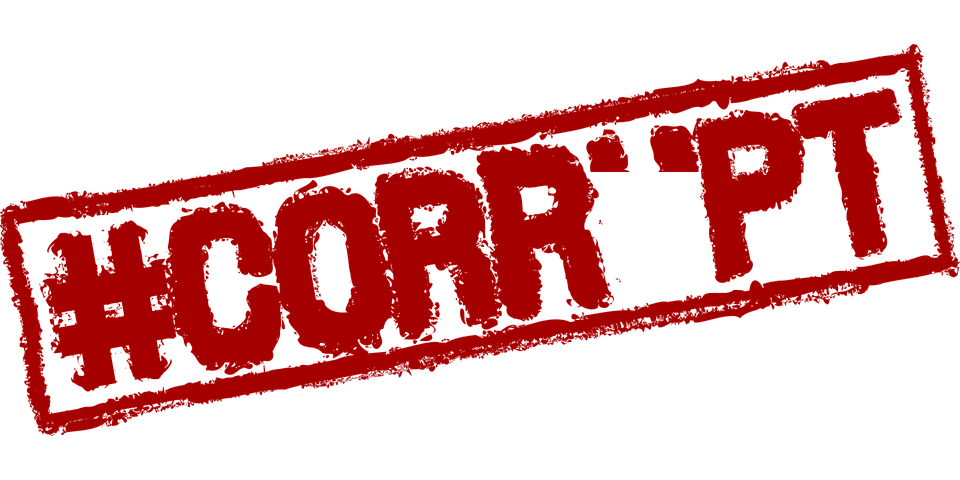By John Kamau
As the world commemorates International Fraud Awareness Week this week, it is important to take note of the strides we have made and the challenges that we are still faced with as a country and a region in our fight against corruption.
The Eastern Africa region ranks highly in corruption perception levels as per Transparency International (TI) statistics and probably fares worse in the capacity to combat fraud.
While it is appreciated that governments in the region have established oversight institutions such as for the case of Uganda; the Office of the Auditor General (OAG), the Statehouse Anti-Corruption Unit, the Inspector General of Government (IGG), and for Kenya, the Ethics and Anti-Corruption Commission (EACC), there is still more that needs to be done especially concerning whistleblower programs.
We have seen a number of high-profile cases coming to the fore as a result of whistleblower tip-offs. For example, the Mara heist and Anglo-leasing scandals in Kenya and the OPM Scandal in Uganda were unearthed due to whistleblower tip-offs. This re-emphasizes the need to consider whistleblowing channel’s salient role in detecting and deterring fraud and corruption improprieties.
Whistleblowing is a crucial tool for detecting fraud and corruption in Eastern Africa and worldwide. The 2022 PwC Global Economic Crime Survey – Eastern Africa report emphasizes the significant role of whistleblower tips in the region. Additionally, the 2022 Association of Certified Fraud Examiners (ACFE) Occupational Fraud Report reveals that around 42% of fraud cases across 133 countries were detected through whistleblowing, nearly tripling the effectiveness of internal audits.
The role of whistleblowing can be further appreciated through statistics of reported corruption cases in Uganda and Kenya. For example, in June 2023, IGG in Uganda reported that they were investigating 5,000 cases of corruption that had been reported through the whistleblower channel. We have also observed the EACC launch some investigations on multi-billion-shilling corruption allegations in government ministries, agencies, and corporations originating from whistleblowers.
In Kenya, there is currently no Whistleblower Protection Act to safeguard whistleblowers from victimization, unlike Uganda, where the IGG encourages the public to report corruption cases with a 5% incentive of the recovered stolen money. Discussions regarding a whistleblower protection bill have been ongoing in Kenya, and it was introduced in Parliament in 2021 but is still gathering dust on some shelf. The lack of such legislation discourages potential whistleblowers from coming forward due to fear of victimization.
Based on our experience while conducting forensic investigations and fraud risk assessments in the region, we have noted that several organizations and entities in the public sector still have room for improvement in their whistleblower programs. For example, some institutions do not have stand-alone whistleblower policies.
Others need more independent reporting channels because some require staff to only report to their immediate supervisors. In this case, the reporting channels do not provide employees with safe options that could allow them to report fraud and corruption without fearing retaliation. In some organizations, employees are not aware of their organizations’ whistleblower channels.
This means that any potential whistleblowers would hesitate to report fraud and corruption that they encounter for fear of retaliation. It is also important for oversight institutions to promptly take action on whistleblower reports and give feedback to the whistleblowers so that people feel there is value in reporting fraud cases. This does not seem to be the case at the moment in both Uganda and Kenya.
Having appreciated the role of whistleblowers, one would naturally ask, “What would happen if whistleblower programs were enhanced to facilitate safe, confidential and anonymous reporting? Suppose organizations cultivate a culture that encourages whistleblowing by both staff and external parties. What would be the effect?”
You guessed right! The number of reported fraud and corruption cases would naturally rise not because more fraud cases are being committed but because more are being reported. This would allow organizations to detect fraudulent behavior early and take action on culprits. It would also deter the would-be fraudsters and corrupt officials within the organization and set a tone of zero tolerance for fraud and corruption. This is why the public sector must enhance its whistleblower programs to tackle fraud and corruption.
The author is an Associate Director of Forensic Services at PwC Kenya.



